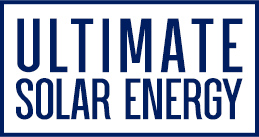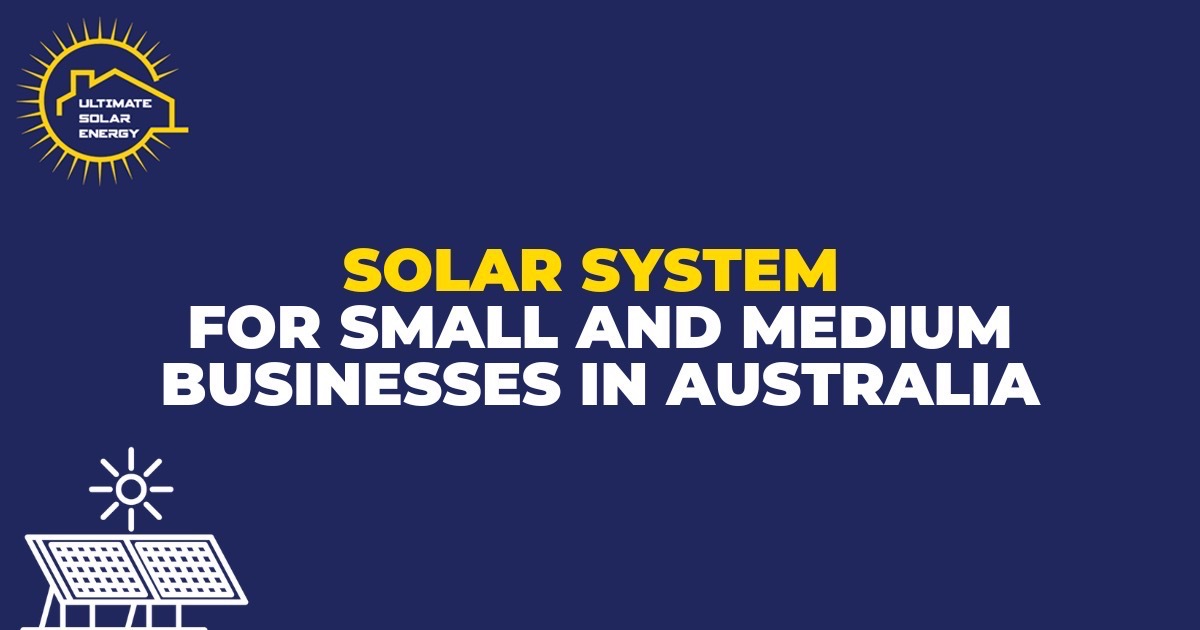Solar System for Small and Medium Businesses in Australia
Solar System for Small and Medium Businesses in Australia
Are you thinking to invest in a solar energy system for your small or medium business in Australia? If so, you are not alone. Solar technology is a popular choice for businesses as it reduces their carbon footprint and saves on energy costs.
Several options are available for businesses in Australia to invest in solar energy, including photovoltaic (PV) solar panel system installations, purchasing renewable energy credits, and participating in financing options such as leasing, taking out solar loans, or entering into a power purchase agreement (PPA).
Depending on the business location, here are two types of options available for solar systems installations:
1. Off-Grid Solar PV Systems
Off-grid solar PV systems, also known as stand-alone or isolated solar PV systems, are not connected to the traditional electricity grid. These systems have a particular design that provides electricity to a single remote location where it may not be feasible or cost-effective to connect to the grid. So, for small to medium enterprises in Australia, off-grid solar PV systems are the perfect choice to furnish clean and renewable energy. These solar systems are easy to install as they are not required to connect to grids. Also, their low maintenance makes them feasible for remotely located businesses.
2. On-grid Solar PV Systems
On-Grid solar PV systems, also known as grid-connected or grid-tied solar PV systems, are connected to the electricity grid. These systems generate electricity using solar panels, and excess electricity is fed back into the grid.
Grid-connected solar PV systems are an excellent choice for businesses in urban locations in Australia because they allow users to take advantage of solar PV systems while still having access to the grid as a backup power source. Also, on-grid solar PV systems permit commercial consumers to capitalize on solar feed-in tariffs by selling excess electricity back to the grid through a process called net metering, which can help offset the cost of the system.
Renewable Energy Certificates (RECs)
RECs, also known as renewable energy credits, is a way for commercial or domestic solar consumers to offset their energy consumption with clean, renewable energy. In Australia, RECs are issued by the Clean Energy Regulator to accredited renewable energy power stations when they generate electricity from renewable sources such as solar, wind, hydro, or biomass.
If installing a solar panel system is not a viable option for any small or medium business, they can still support renewable energy by purchasing renewable energy credits. These credits allow business owners to compensate for their energy consumption with clean power from a renewable energy provider or through a carbon offset program.
There are two main types of RECs in Australia: Large-scale generation certificates (LGCs) and small-scale technology certificates (STCs). LGCs are issued for renewable energy generation from large-scale power stations with a capacity of greater than 100 kilowatts (kW). STCs are issued for small-scale renewable energy systems such as solar panels and wind turbines with a capacity of up to 100 kW.
Solar Financing Options
These financing options can help small-medium business enterprises in Australia to afford the upfront costs of a solar system and take advantage of the long-term financial benefits of solar energy.
Solar Lease: It is a useful finance option for small businesses in Australia, as it allows enterprises to pay a fixed monthly fee to a solar company in exchange for the use of a solar energy system. The solar company owns and maintains the system, and the business receives the benefits of reduced energy costs and a lower carbon footprint.
Solar Loan: It allows the commercial solar consumer to take out a loan to finance the purchase of a solar energy system. Businesses can apply for solar loans through a bank, credit union, or authorized financial institution. These loans cover the upfront costs of purchasing and installing a solar system, and the business can pay back the loan over time with the savings it generates from reduced energy costs.
Power Purchase Agreement (PPA): It is a good option for enterprises that do not have the upfront capital to invest in a solar system but want to shift to solar energy. With a Power Purchase Agreement, a third party owns and maintains the solar system and sells the electricity generated to the business at a fixed price.
Take Away
It’s significant for businesses to carefully consider their energy needs and financial situation before deciding on solar financing options or the installation of solar PV systems on their property. Professional solar energy companies can help commercial solar consumers evaluate their energy usage and determine the best financing option.
At Ultimate Solar Energy, we make your decision-making process so simple. We design customized solutions based on your requirements, using only the most premium products.
Get a Free Quote now!

